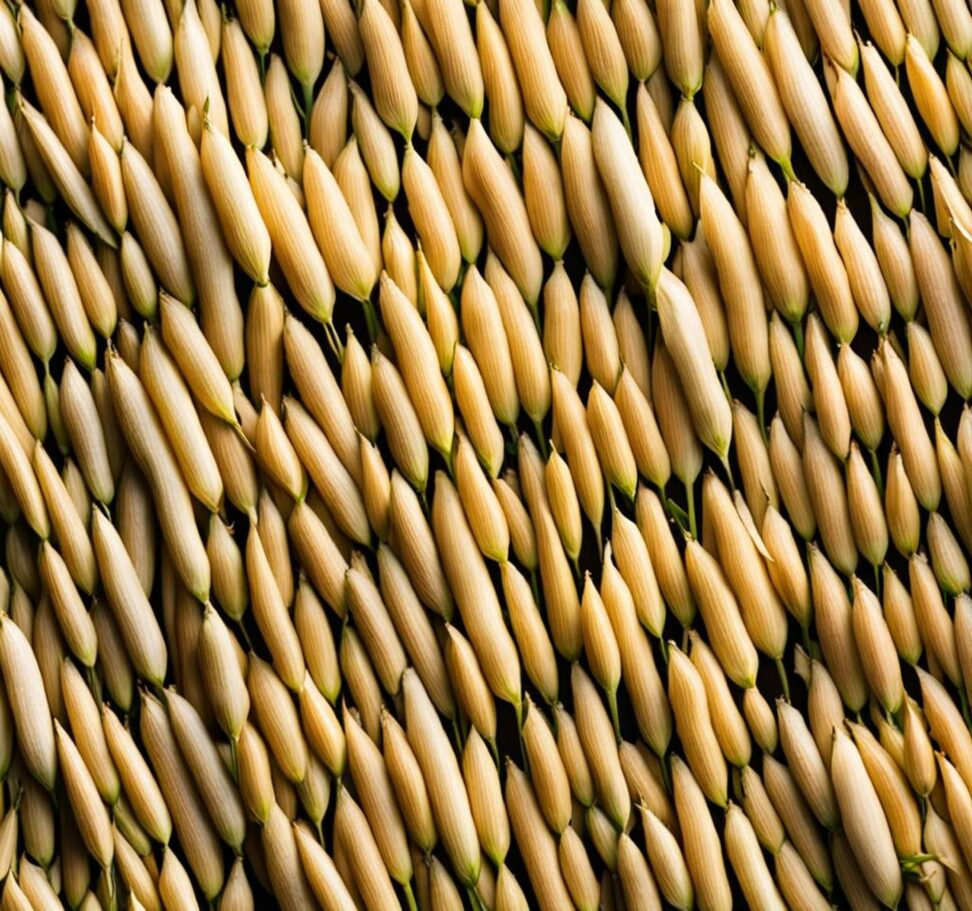The Overlooked Rice Hull Gardening Trick for Healthier Plants
Gardeners are always looking for ways to improve their soil and help their plants thrive. While synthetic fertilizers and soil amendments are common, more gardeners are seeking sustainable options. Rice hulls offer an overlooked, eco-friendly solution with multiple benefits for healthier plants and more robust gardens.
Rice hulls are the protective outer casings that encase rice grains. Previously discarded as waste, these hulls are now valued for their use in gardening and agriculture. Their absorbent and porous nature provides advantages for moisture retention, soil structure, and nutrient availability.
What Are Rice Hulls?
Rice hulls are a byproduct of rice milling after the inedible hulls are removed. They are comprised of silica, organic matter, and other trace nutrients beneficial to plants. Rice hulls are lightweight and absorptive, with a neutral pH. Their porous structure creates space in heavy soils for improved drainage and aeration. Rice hulls slowly break down in the soil, releasing nutrients and minerals over time without chemical additives.

Benefits of Rice Hulls for Soil Improvement
There are many reasons why rice hulls can enhance overall soil quality and plant health:
- Aerate and loosen heavy clay soils for better drainage
- Increase moisture retention abilities in sandy soils
- Provide organic matter to enrich soil as they decompose
- Add silica to strengthen plant cell walls against pests and diseases
- Are pH neutral so they won't alter acidic or alkaline soils
The porous structure creates space for air pockets and drainage channels within the soil. At the same time, rice hulls absorb and hold water in their cellular structure, releasing it slowly to plant roots. This gives plants a consistent supply of moisture.
Using Rice Hulls for Improved Moisture Retention
Rice hulls excel at absorbing water and retaining it for slow release into the soil. This makes them ideal for containers and raised garden beds prone to drying out quickly. Benefits include:
- Reduced watering frequency for container plants
- Increased drought tolerance for in-ground gardens
- A steady supply of moisture during hot, dry weather
- Less moisture loss through evaporation
Rice hulls blended into potting mixes or layered as mulch will moderate soil moisture. Your plants get water as they need it without risk of oversaturation.
Rice Hulls Enable Sustainable Gardening
For eco-conscious gardeners, rice hulls check all the boxes for sustainability. As an agricultural byproduct, they are a renewable and readily available resource. Rice hulls biodegrade naturally over 1-3 years without chemicals. They reduce reliance on non-renewable peat moss and mined perlite. Benefits include:
- Renewable and regionally available
- Decompose back into the soil they enrich
- Avoid synthetic fertilizers and chemicals
- Fit perfectly with organic gardening methods
Rice hulls added routinely to garden beds and planting mixes create sustainable soil structure and fertility. Working in harmony with nature, rice hulls promote soil health through slow-release nutrition as they break down.
How to Effectively Incorporate Rice Hulls
Rice hulls are versatile and can be used in various gardening applications. Here are some common ways to put their benefits to work:
- As a soil conditioner - 10-30% mixed into beds
- In potting mixes for container plants
- As a mulch for water conservation - 2-3 inches deep
- For drainage and aeration in planters
- As a sustainable hydroponics substrate
Focus on problem areas first, like compacted soils, raised beds, or pots prone to drying out. Rice hulls blended thoroughly into garden beds prior to each growing season provide season-long improvements. Top-dress container plants with a fresh layer of rice hull mulch each spring.
Additional Gardening Uses for Rice Hulls
Beyond their benefits for moisture retention and soil structure, rice hulls serve other useful purposes:
- Weed suppression - Mulching with rice hulls blocks light to prevent weed seed germination.
- Erosion control - The mulch layer stabilizes soil and prevents water runoff.
- Seed starting - Rice hulls provide fluffy, stable beds for superior seed germination.
- Rooting cuttings - Their airy structure suits propagating delicate new roots.
- Composting - Rice hulls add carbon to balance nitrogen-rich materials.
- pH adjustment - Mixing rice hulls into very acidic or alkaline soils will bring pH closer to neutral.
From seed to harvest, rice hulls promote success throughout the gardening season. Discover all their possibilities this year.
Frequently Asked Questions About Rice Hulls
Are rice hulls safe to use in my vegetable garden?
Yes, rice hulls are all-natural and chemical-free. They can be used safely with edible plants.
How much rice hulls should I use in my soil?
We recommend 10-30% rice hulls by volume depending on your specific soil's needs. Mix thoroughly into beds before planting.
Where can I source rice hulls near me?
Check local garden centers, hydroponic stores, or rice mills. Bulk deliveries may be available regionally.
Do rice hulls affect soil pH?
Rice hulls have a near neutral pH around 6.5-7.0. They will not significantly alter acidic or alkaline soil pH.
Can rice hulls be used as a garden mulch?
Yes, 2-3 inches of rice hull mulch is ideal for retaining moisture and suppressing weeds. Reapply annually.
Rice hull is an amendment that can be used for gardening success. Their sustainable nature offers solutions tailored to the challenges of any garden. Unlock the potential of this unique material for your healthiest plants yet.